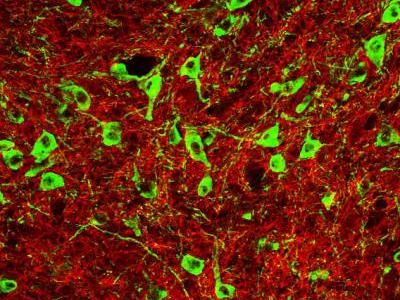If you're using drugs, scientists want to help you avoid addiction
Advertisement
Abstinence is the best way to avoid drug addiction. But in many societies, drug use is the norm, not the exception, especially by youth. What keeps the majority of users from becoming addicted? How drugs are taken has something to do with it, according to pharmacology researchers at the University of Montreal. "Why do some drug users become addicts? The amount of drugs they take over time is one factor, but the speed with which the substance enters and exits the brain can be just as important," explained Professor Anne-Noël Samaha, who supervised the study into how pharmacokinetic factors govern addiction.
"Pharmacokinetics is about what happens to a drug once it is inside the body and brain," she said. "For example, when you smoke a joint, the level of cannabis in the brain increases and decreases much more quickly than when you eat a magic brownie. And this variation depends on how you are taking the drug". What emerges from this research is that, the risk of becoming addicted is influenced both by how fast a drug gets to the brain and by whether the amount of drug in the brain fluctuates or remains constant during intoxication.
Samaha and study co-authors Florence Allain, Ellie-Anna Minogianis and David C. Roberts came to their conclusions by undertaking an analysis of the available literature on the subject. Firstly, they dissected the results of clinical studies demonstrating that how a drug is taken can predict the risk of addiction. For example, a drug that can be addictive when smoked can in fact be therapeutic when it is swallowed (e.g. methadone) or administered by a skin patch (nicotine). They then looked at the findings of preclinical rodent trials measuring the effects of pharmacokinetic variables on the development of behaviours and changes in the brain linked to addiction.
Various studies show that the maximum intoxication felt by intravenous cocaine users occurs within one to five minutes, compared to 15 to 20 minutes for those who snort it. This is because when a drug is snorted or even swallowed, this leads to a slower and smaller peak, which then declines progressively.
Some of these modifications make drugs more and more irresistible, leading to addiction. A great example is nicotine. "When you smoke a cigarette, the levels of nicotine increase and decrease very quickly in your brain. But when you use nicotine patches, the levels increase slowly and remain stable. Smoking cigarettes can be addictive, using patches is not," Samaha explained.























































